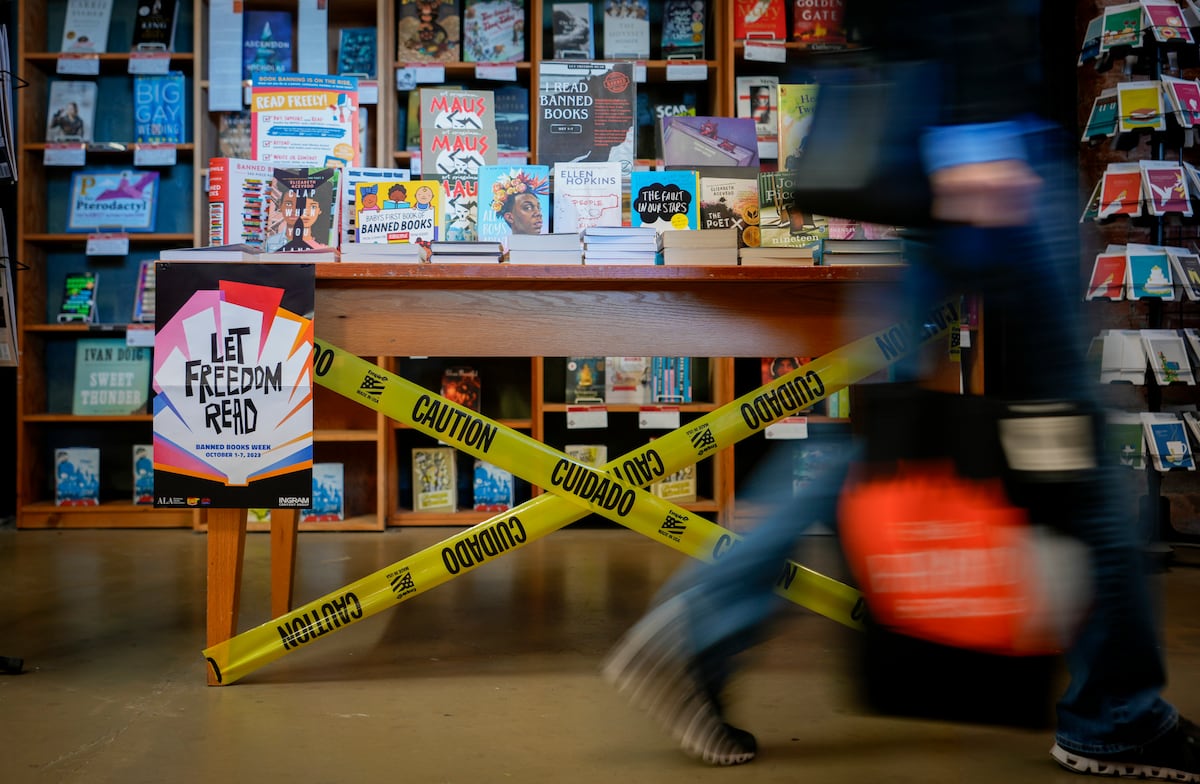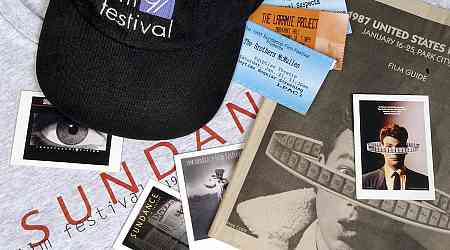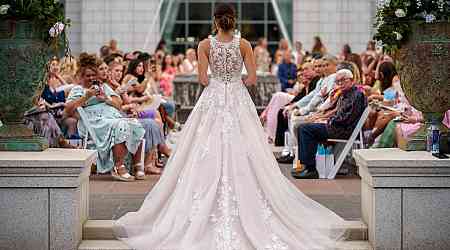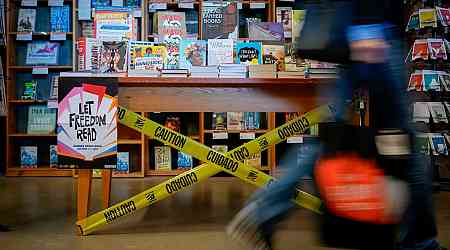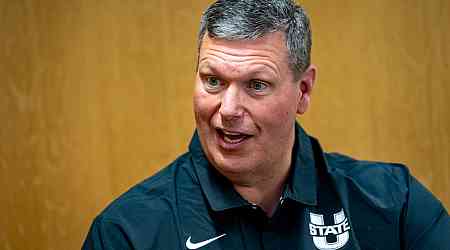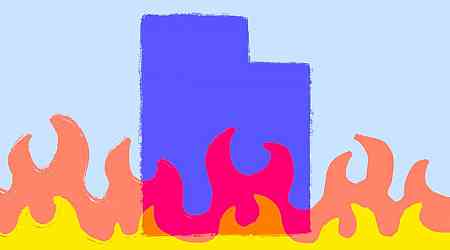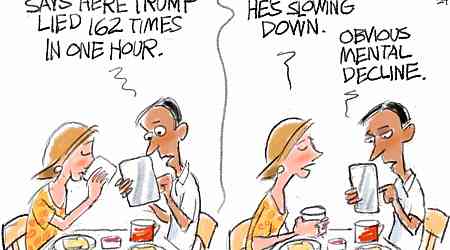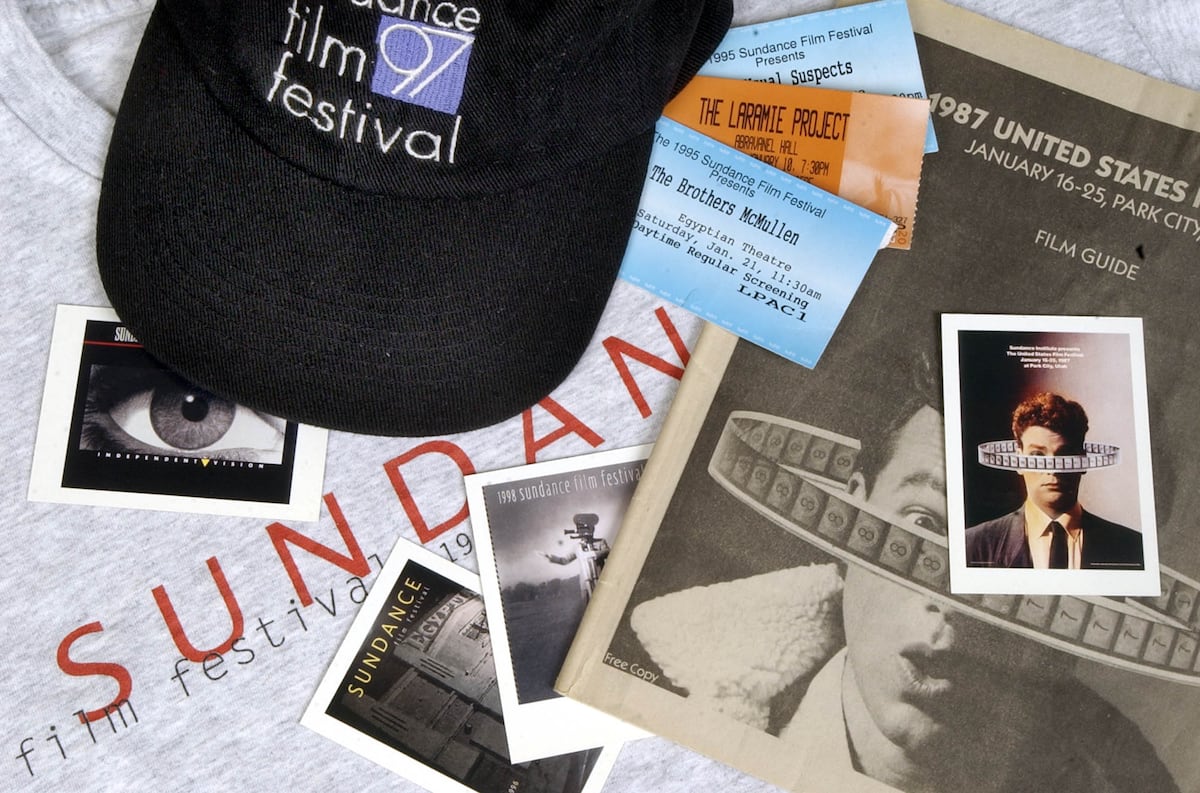Determining whether a book will be banned from all Utah public schools starts with a questionnaire.
The questionnaire prompts school districts or charter schools to select one to three reasons why they are deciding to classify a book as “objective sensitive material” under the state’s new standards and ban it locally, according to records obtained by The Salt Lake Tribune.
The three reasons, as stated in the questionnaire, are that a book 1) contains a description or depiction of “human genitals in a state of sexual stimulation or arousal;” 2) contains a description or depiction of “acts of human masturbation, sexual intercourse, or sodomy;” and/or 3) contains a description or depiction of “fondling or other erotic touching of human genitals or [the] pubic region.”
If at least three school districts (or at least two school districts and five charter schools) select one or more of those options for the same book title, it must be removed from all public schools statewide, in accordance with a law passed earlier this year.
Thirteen titles have already reached the statewide removal threshold and on Aug. 2 were ordered off all Utah public school shelves, based on decisions made by just six school districts. It’s unclear how each district answered the questionnaires for each book.
More titles may be added to the statewide ban as they meet the criteria.
The nation reacts
The first batch of banned books included works by acclaimed authors including Judy Blume, Margaret Atwood, and Sarah J. Maas. Twelve of the 13 titles were written by women.
Atwood took to social media platform X following the news that her book “Oryx and Crake” was included on the Utah list.
“Wow, I’m the most dangerous little old lady of 84 you’ve ever heard of!” Atwood posted Wednesday. “... I wonder which satirists of ancient Rome would be banned there? And I’m banned from Russia, too! Oh alas, whatever will I do? Hit Utah with my cane?”
[Read more: It’s official: These 13 books are now banned from all public schools in Utah]
Utah’s book ban also prompted strong reactions from national and local literacy organizations.
PEN America called the date that the list was publicly released “a dark day.”
“The state’s No-Read List will impose a dystopian censorship regime across public schools and, in many cases, will directly contravene local preferences,” said Kasey Meehan, Freedom to Read program director at PEN America, in a statement Monday.
“Allowing just a handful of districts to make decisions for the whole state is antidemocratic,” she continued, “and we are concerned that implementation of the law will result in less diverse library shelves for all Utahns.”
function onSignUp() { const token = grecaptcha.getResponse(); if (!token) { alert("Please verify the reCAPTCHA!"); } else { axios .post( "https://8c0ug47jei.execute-api.us-east-1.amazonaws.com/dev/newsletter/checkCaptcha", { token, env: "PROD", } ) .then(({ data: { message } }) => { console.log(message); if (message === "Human

















